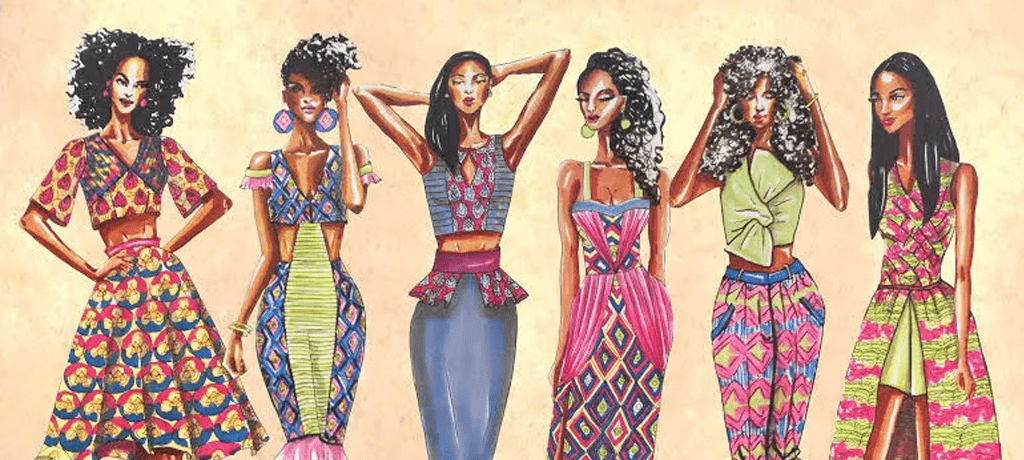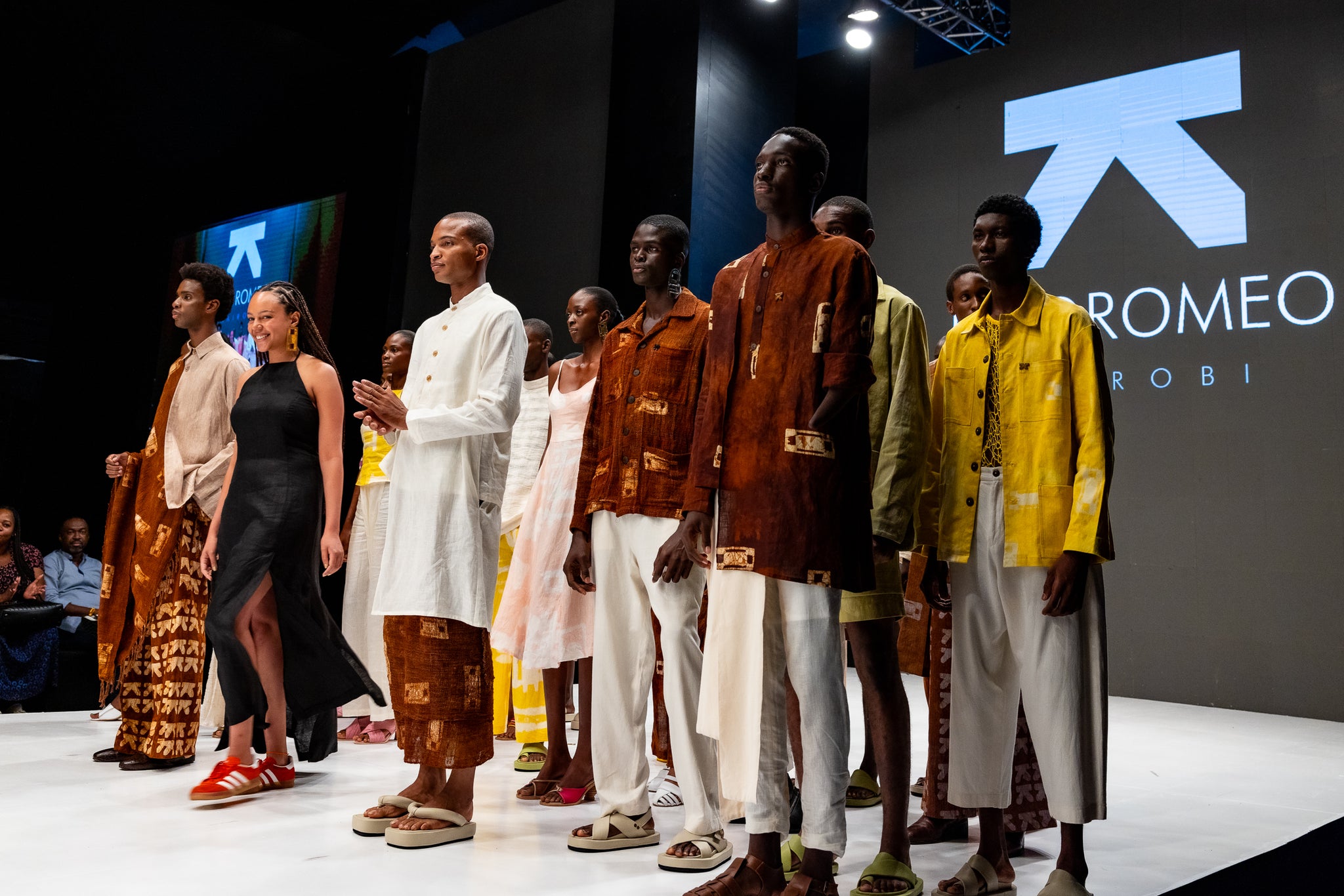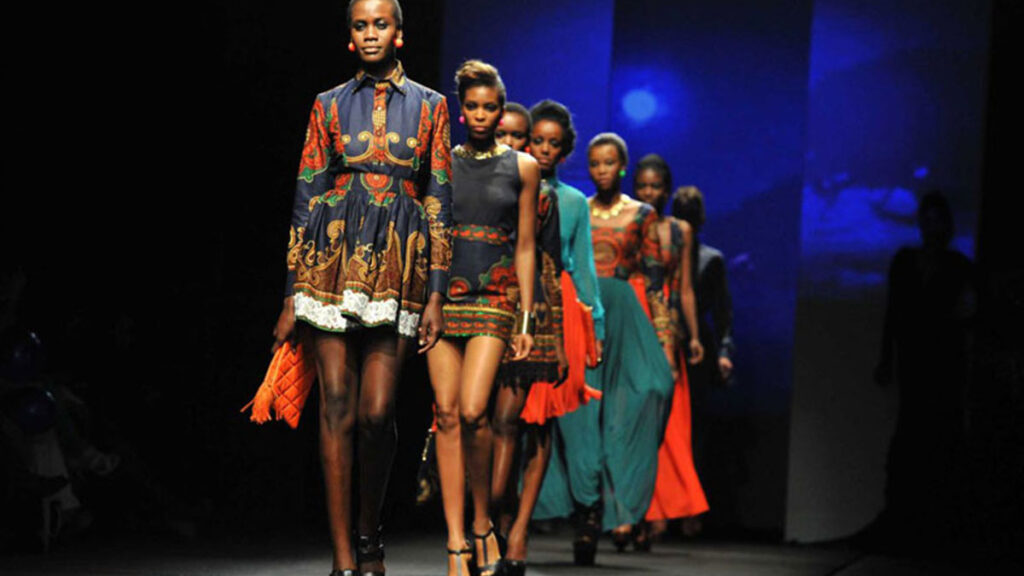
How Kenyan Fashion Brands Can Partner with Lifestyle Influencers
In the vibrant world of Kenyan fashion, where creativity meets cultural heritage, standing out in a competitive market can be a daunting task. With the rise of social media, lifestyle influencers have become powerful voices in shaping trends and consumer behavior. These digital trendsetters, with their engaged audiences, offer Kenyan fashion brands an incredible opportunity to amplify their reach, build brand loyalty, and drive sales. But how can fashion brands effectively collaborate with lifestyle influencers to create authentic and impactful partnerships? In this article, we’ll explore the dynamic synergy between Kenyan fashion brands and lifestyle influencers, offering actionable strategies to forge meaningful connections that benefit both parties while captivating audiences across the country and beyond.
Kenya’s fashion industry is a melting pot of traditional craftsmanship and modern innovation. From the intricate designs of Ankara prints to contemporary streetwear, local brands are redefining style on a global stage. Meanwhile, lifestyle influencers—whether they focus on fashion, travel, or wellness—have cultivated loyal followings by sharing authentic snippets of their lives. When these two forces unite, the potential for storytelling and brand visibility is limitless. Let’s dive into the how, why, and what of these partnerships, tailored specifically to the Kenyan context.
Body Understanding the Power of Lifestyle Influencers in Kenya
Lifestyle influencers are more than just social media personalities; they are trusted voices in their communities. In Kenya, platforms like Instagram, TikTok, and YouTube are buzzing with influencers who resonate with diverse demographics—urban millennials, Gen Z trendsetters, and even older audiences seeking inspiration. These influencers often share content about fashion, beauty, travel, and day-to-day life, making them ideal partners for fashion brands looking to showcase their products in relatable, aspirational ways.
For Kenyan fashion brands, collaborating with influencers offers a direct line to potential customers. Unlike traditional advertising, influencer partnerships feel personal and authentic. When an influencer like Joy Kendi or This Is Ess (Sharon Mundia) wears a locally designed outfit and shares their genuine appreciation for the craftsmanship, their followers are more likely to trust and act on the recommendation. According to a 2022 study by Statista, over 60% of social media users in Kenya follow influencers, with many citing their content as a key factor in purchasing decisions. This statistic underscores the untapped potential for fashion brands to leverage influencer marketing.
Not every influencer is the right fit for every brand. The key to a successful partnership lies in alignment—shared values, aesthetics, and target audiences. Kenyan fashion brands must first define their identity and customer base. Are you a luxury brand targeting high-end clients, or do you cater to affordable, everyday wear for the masses? Once this is clear, you can scout for influencers whose content and audience align with your vision.
For instance, a brand like Vivo Activewear, known for stylish athleisure, might partner with fitness-focused influencers who embody an active lifestyle. On the other hand, a brand specializing in traditional African attire, such as KikoRomeo, could collaborate with influencers who celebrate cultural heritage through their content. Tools like Instagram Insights or local influencer marketing platforms can help brands analyze an influencer’s engagement rates, demographics, and authenticity—ensuring the partnership isn’t just about numbers but about genuine connection.

It’s also important to consider micro-influencers. While mega-influencers with hundreds of thousands of followers may seem appealing, micro-influencers (those with 1,000 to 10,000 followers) often have higher engagement rates and niche audiences. A Nairobi-based micro-influencer who focuses on sustainable fashion could be the perfect match for a Kenyan brand promoting eco-friendly clothing, creating a more targeted and impactful campaign.
Authenticity is the cornerstone of any influencer partnership. Kenyan consumers are savvy; they can spot a forced or overly commercialized collaboration from a mile away. To avoid this, brands should empower influencers to tell their stories in their own voice. Instead of providing rigid scripts or overly polished content, allow influencers to integrate your products into their daily lives organically. For example, if a lifestyle influencer is known for sharing weekend getaway vlogs, a fashion brand could provide outfits for their trip, allowing the influencer to showcase the pieces in a natural setting like Diani Beach or the Maasai Mara.
Co-creation is another powerful strategy. Invite influencers to participate in the design process or to curate a limited-edition collection. This not only deepens the partnership but also gives the influencer a sense of ownership, which translates into more passionate promotion. Imagine a Kenyan influencer collaborating with a local brand to design a capsule collection inspired by their personal style—think vibrant kanga patterns meets modern silhouettes. Such initiatives create buzz and position the brand as innovative and inclusive.
Transparency is equally crucial. Both brands and influencers should disclose sponsored content to maintain trust with their audiences. In Kenya, where word-of-mouth and trust are pivotal in consumer behavior, transparency can enhance credibility. A simple hashtag like #Sponsored or #Ad can go a long way in maintaining authenticity while adhering to ethical marketing practices.
Kenyan fashion is deeply rooted in culture, and influencers often reflect this in their content. Brands can capitalize on this by aligning collaborations with local trends, holidays, or cultural events. For instance, during festive seasons like Christmas or Jamhuri Day, brands can partner with influencers to showcase holiday-inspired looks or outfits that celebrate Kenyan independence with patriotic flair. A campaign featuring influencers wearing locally made kitenge dresses during such events can evoke pride and resonate emotionally with audiences.

Additionally, tapping into viral social media challenges or hashtags can amplify reach. If a dance challenge is trending on TikTok, a fashion brand could collaborate with influencers to create content that pairs the challenge with their latest collection. This not only boosts visibility but also positions the brand as relevant and in tune with youth culture—a significant demographic in Kenya, where over 60% of the population is under 35.
Once a partnership is underway, it’s essential to track its impact. Metrics like engagement rates, website traffic, and sales conversions can provide insights into the campaign’s effectiveness. Kenyan brands should also pay attention to qualitative feedback—comments, shares, and direct messages from followers can reveal how the audience perceives the collaboration.
Beyond one-off campaigns, building long-term relationships with influencers can yield even greater benefits. Regular collaborations foster familiarity, turning influencers into brand ambassadors who genuinely advocate for your products. For example, a consistent partnership with an influencer who wears your designs at major events like Nairobi Fashion Week can solidify your brand’s presence in the fashion scene.
Compensation is another aspect to consider. While some influencers may accept free products in exchange for promotion, others may require monetary compensation, especially as their following grows. Kenyan brands should be prepared to negotiate fair terms, ensuring both parties feel valued. A hybrid model—combining product gifting with a small fee—can be a win-win for startups with limited budgets.
Conclusion
The intersection of Kenyan fashion and lifestyle influencers is a goldmine of opportunity waiting to be explored. By partnering with the right influencers, crafting authentic campaigns, and embracing cultural nuances, local fashion brands can elevate their visibility and connect with audiences on a deeper level. These collaborations are not just about selling clothes; they’re about telling stories, celebrating heritage, and building communities around shared values. As social media continues to shape consumer behavior in Kenya, fashion brands that invest in meaningful influencer partnerships will undoubtedly stand out in a crowded market.
So, whether you’re a budding designer in Nairobi or an established brand in Mombasa, it’s time to embrace the power of lifestyle influencers. Start small, stay authentic, and watch as your brand weaves its way into the hearts of Kenyans—one stylish post at a time. The future of Kenyan fashion is bright, and with the right partnerships, it’s poised to make waves far beyond our borders. What’s stopping you from taking the first step today?